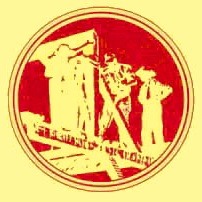The essence of all the material on this website, and our hope that we may be able to influence landscape, cities, neighborhoods, buildings, building structure, gardens, rooms, and details, all over the world, hinges on the idea of a generative sequence.
A generative sequence may be thought of as a second generation pattern language.
In A Pattern Language, published in 1977, the emphasis is on the patterns themselves…that is, on the content of the patterns. Although we intended that the pattern language would be generative, that is, would allow people to generate buildings and building designs, for themselves—truthfully, this does not happen. The patterns provide many profound ideas, and geometrical "nuggets": which are needed to make the environment work.
But, as written in 1977, they do not actually allow a person to generate a good design, step by step. The do not place the emphasis on morphological unfolding, as they should.
Yet in traditional society, the pattern languages which people had did place the emphasis on morphological unfolding. With the help of the generative sequences (or languages) that people had from their culture, they were able to make beautiful and useful things, almost without thinking, because the creative power lay in the generative structure of the language—and that lay in the sequence in which the steps were to be performed.
The essence of the sequences which we shall introduce on this website, is that they give people power, to make beautiful and workable designs. You do not need to scratch you head. You just need to use the sequence in the right order, and you will get good results.
This will have two big effects on the design of buildings:

